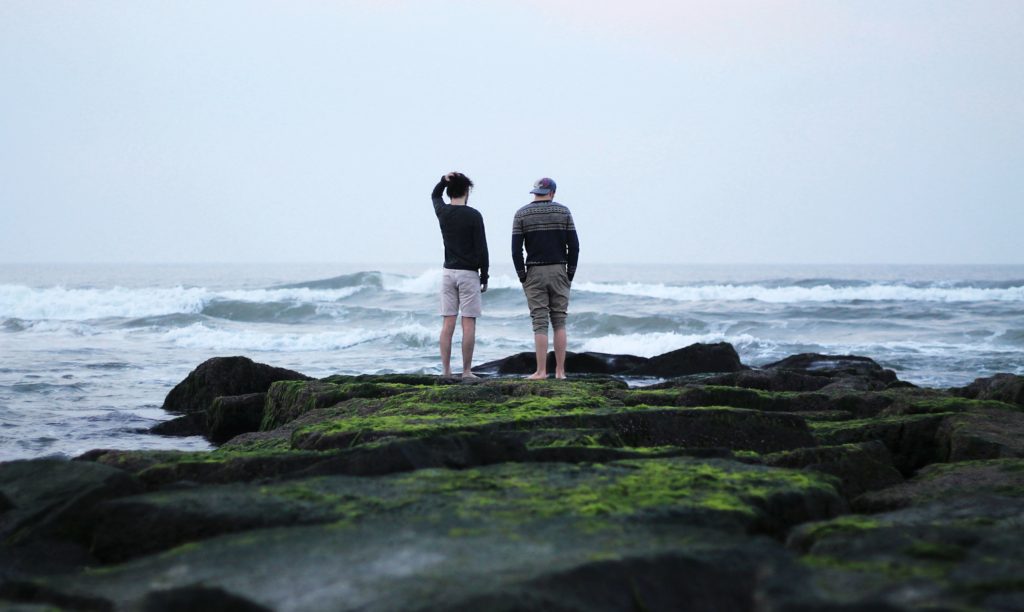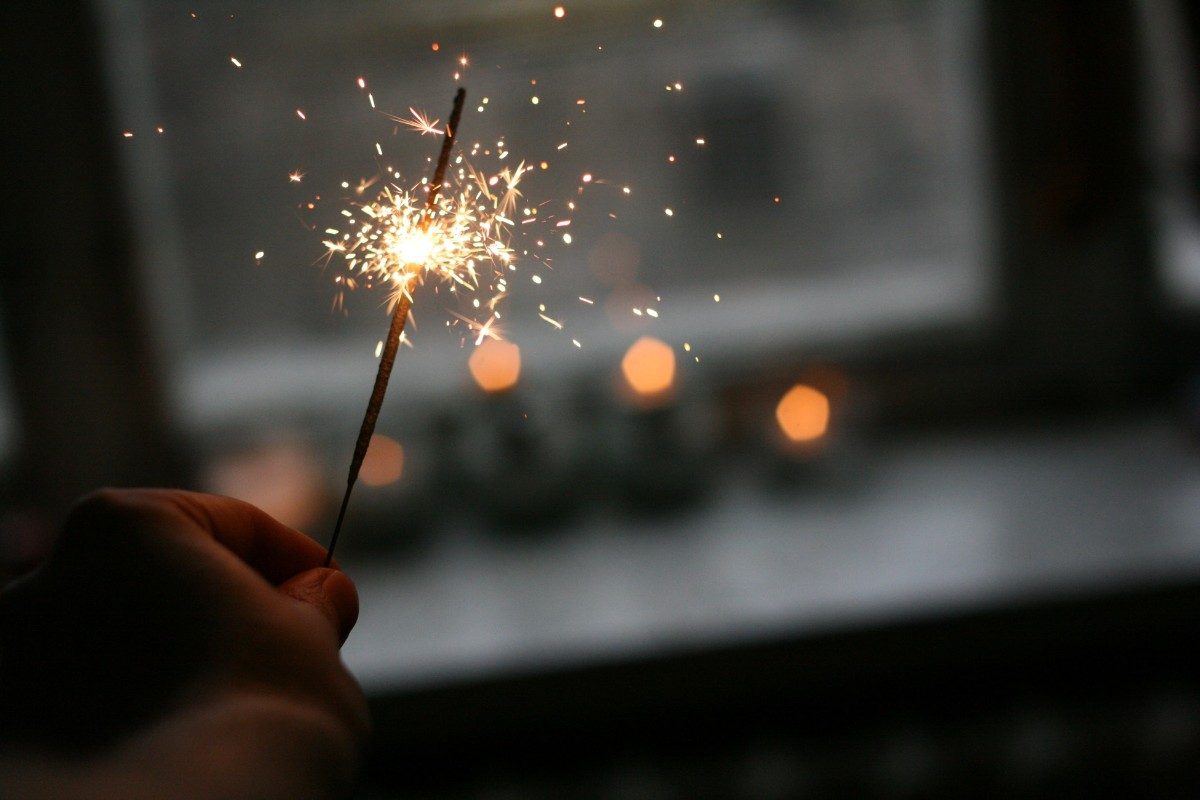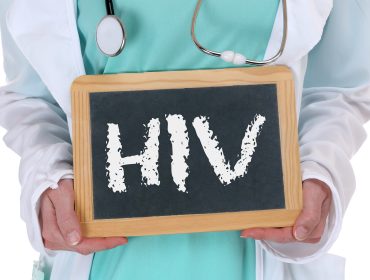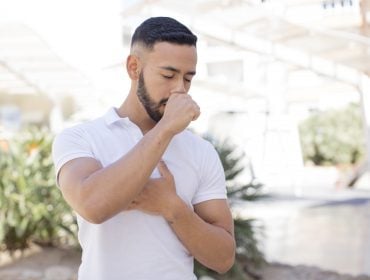My HIV Story: It Wasn’t His Intention To Risk Both Of Us
In late 2017, I went to a plasma center by my university to donate plasma and make a quick buck. As I began the new-donor application, an odd question asked to confirm I am not donating plasma as a method to test for HIV/AIDS; I answered no, and passively moved on to the next question. Once I completed the application, I was brought to a large room in the back of the building, where I saw dozens of people hooked to blood machines called “aphaeresis,” which separate the plasma from the blood before pumping the blood back into the body.
The nurse sat me on an examination table, and I became nervous as she hooked me up to my own aphaeresis. The dark maroon flowed out of me, but while it made me squeamish, it also fascinated me. I watched mesmerized as the blood rushed back through my vein while the faint yellow plasma sat in a translucent plastic container waiting to save a life. When I looked at the blood, a rush of adrenaline came over me, hypnotizing me of my mortality.
![]() I visited the plasma center a total of two times, but the second time was not at my behest. Through a voicemail, I was asked to re-visit the plasma center to discuss the blood results from my initial visit.
I visited the plasma center a total of two times, but the second time was not at my behest. Through a voicemail, I was asked to re-visit the plasma center to discuss the blood results from my initial visit.
This visit occurred on January 2nd.
When I returned to the plasma center on the same day as the voicemail, a nurse escorted me to a private office and explained that my blood results came back “reactive.” I did not understand what the nurse was saying, but the meeting concluded with a worried goodbye and my permanent expulsion from all plasma centers. Walking to my car, I urgently looked for answers on the internet: “reactive blood test meaning,” “reactive blood test plasma center NOT HIV,” and “blood test reactive mistake,” and the like.
After the diagnosis, I couldn’t focus on anything. I realized I wouldn’t be able to make my anxiety subside until I did like the nurse instructed, and got tested for HIV.
I hazily drove to a public hospital and waited two hours for the testing clinic to open. When the clinic finally opened, I was told I would need to make an appointment but I wanted – no, needed – immediate results, so I left looking. An hour later, I was parked in front of an AIDS Outreach Center. After filling out some paperwork, I sat in the waiting room, waiting for what felt like an eternity of confusion. Finally, a smiling person in scrubs greeted me. He spoke to me casually despite the not-so-casual circumstance as he walked me to the patient room to do the blood work. He drew my blood, added drops of another liquid, stirred the two, and examined the amalgamation like a jeweler looking for flaws on a diamond. I naively smiled at the technician, but he reciprocated a frown and apologized sincerely as he explained to me my results.
I don’t know how long, on average, it takes a person to go through the stages of grief, but the technician sat there with me while I experienced all of them in a matter of minutes. I was in denial that this was happening to me, I became angry at myself, I began bargaining with the past, and then felt an onset of depression immobilizing me, until, finally, the slow realization and acceptance of a new me came around. I was beginning to feel grateful for all the help and attention I was given at the AIDS Outreach Center.
Driving back home while contemplating the current events in my life, I had a firm grasp on the steering wheel and held the composure of a person having a bucket of cold water poured over them. My boyfriend greeted me at the door, unaware of what had just happened, and the fear I had for myself was only temporarily forgotten as I became worried that he may also have HIV and had no idea. He was still sleepy when I relayed the news to him, and he began to cry. My mind went to my boyfriend’s father, whose boyfriend died from AIDS years ago. I wanted to reassure him that the re-occurrence of HIV/AIDS in his family would not be the end of him nor I, but it would instead be met with full force with modern medicine and our courageous resilience; I was sure of this but had to convince him of it until he was tested. Eventually, he got tested, and the results came back positive for HIV as well.

How we contracted HIV while being in a monogamous relationship was easy to answer: I found out that my boyfriend of two years cheated on me. I know what he did was reckless, but what led him to it– the root of his infidelity– is what needed attention and nurturing. After I found out, I still loved my boyfriend, and I knew it was never his intention to put us both at risk. No one leaves this world unblemished, which is why I forgive both of us for what happened. An ancient Japanese practice, known as Kintsugi, involves piecing together a broken ceramic with gold lacquer, leaving the remnant traces of cracks embellished with gold. This practice is to show pride in resolution, the beauty from a loving tenacity, that calamity is inevitable, and love is unconditional. Most importantly, I was able to love myself enough to piece myself back together, admiring my cracks, and enjoying a newly found love for a new me.
Having been living with HIV for less than a year now, I’ve learned a lot about the disease and about myself. I have learned that I will persevere through almost anything and am proud of that. I’d like to teach people that your HIV status is not a measurement of character; no one deserves HIV/AIDs, but we all deserve love and support until a cure is discovered. I also want to say that if your partner has had an affair, cease all forms of sex, get tested with your partner, and have a serious talk with them about the state of your relationship and your boundaries. Risking your health due to a lack of protection is not worth the greatest love of all time.
…[I’m] enjoying a newly found love for a new me.
I’d also like to inform the world that living with HIV has not hindered my ability to chase my dreams. It’s immensely comforting to be a living testament to the power of love. Love is mobilizing millions of people to support those living with the virus, and also motivating the countless hours spent by the scientists innovating antiretrovirals while searching for a cure. I am the memory and the new legacy of the 35 million lives taken by the virus. It is impossible for me not to be moved by the amount of time, effort, and lives that were sacrificed in an effort for me to seek out and live my dreams.
On January 2nd, when I was diagnosed, I had a very different start to my year than I’ve ever had before. New Year’s is supposed to be an exciting time to accept your past, find peace in the present, and look forward to unreached potentials in the future. For me, it was a little bit different. I mulled over my past, I sat uneasily in my present, and I searched desperately for confirmation that I would have a future. Luckily, I found out just how far love can go. It is the hope and love humanity has that I dare everyone to remember when faced with challenges that seem overwhelming and inescapable. In the end, love will remind us that pain is an equalizer, no one escapes it in this life. Love will diminish the sadness in being so hurt. It will provide your spirit with a light that’ll illuminate the darkest corners of your life.
Secure and Confidential
STD testing services
The fastest results possbile - available in 1 to 2 days





